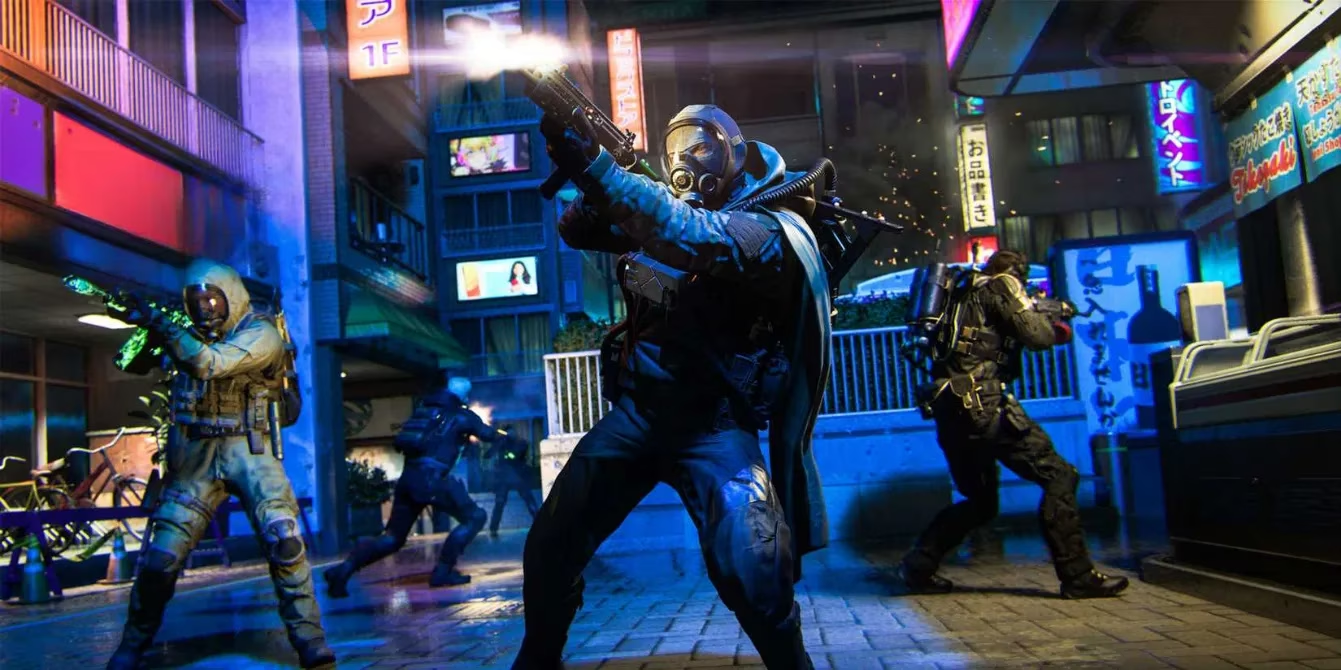The reveal trailer for Call of Duty: Black Ops 7 in 2024 sparked mixed reactions, with fans expressing frustration over its departure from the gritty military shooter roots that defined the franchise for decades. Many felt the trippy, futuristic setting was a jarring shift, leading to widespread disappointment and debates about the series' direction. But as the backlash grew, an intriguing piece of history resurfaced—a cancelled project that could have taken Call of Duty down a darker, more terrifying path. 💥 This forgotten gem, Call of Duty: Fog of War, was envisioned as a third-person horror game set in the claustrophobic jungles of Vietnam, blending intense firefights with spine-chilling psychological scares. As players look back from 2025, it's a stark reminder that Activision's decisions sometimes sideline innovative ideas, leaving fans to wonder about what could have been.
In the mid-2010s, while Glen Schofield—the acclaimed creator of Dead Space—was at Sledgehammer Games, he spearheaded the development of Fog of War. Inspired by the horrors of the Vietnam War, the game aimed to revolutionize the COD formula by infusing it with survival horror elements. Schofield revealed in interviews that they were "psyched" about creating an experience where players navigated pitch-black tunnels, fighting enemies in near-total darkness. "We wanted to make a scary version of Vietnam," he emphasized, describing sequences where light was scarce and every sound could signal an ambush. This wasn't just about shooting; it was about immersing players in a world of constant dread, with moments like frantically firing into the void echoing Dead Space's iconic tension. 🕯️ The vision was clear: transform COD into a heart-pounding journey through psychological warfare, where the environment itself became the antagonist.
People Also Ask: What specific horror mechanics were planned for Fog of War?
-
👻 Limited visibility and sound design: Schofield highlighted scenes where players would rely on faint audio cues in dark tunnels, amplifying fear through unpredictable enemy encounters.
-
🔦 Resource scarcity: Similar to Dead Space, ammunition and light sources would be scarce, forcing strategic decisions under pressure.
-
💀 Environmental storytelling: The jungles and underground networks were designed to tell a narrative of war's psychological toll, with eerie visuals hinting at unseen threats.
Despite the excitement, Fog of War never saw the light of day. In a twist of corporate fate, Infinity Ward—the studio behind early COD hits—faced a leadership exodus around 2010-2011. Activision swiftly redirected Sledgehammer to abandon the horror project and focus on salvaging Modern Warfare 3. This pivot came at a critical time; Schofield and his team were deep into prototyping intense, atmospheric levels, like one where players battled through shadowy Vietnamese landscapes. The cancellation not only halted a potential franchise evolution but also sparked questions about how such a game might have influenced future titles. 😔

Amid the chaos, Sledgehammer shifted gears to deliver Modern Warfare 3, focusing on fast-paced urban combat instead of Fog of War's horror roots.
Looking back from 2025, the legacy of Fog of War raises broader questions about innovation in the gaming industry. If released, it could have pioneered a subgenre of military horror, potentially averting the fan backlash that plagued Black Ops 7. Yet, its cancellation underscores how studio priorities often prioritize safe bets over risky creativity. As COD continues to evolve, with entries like the rumored 2025 reboot leaning into sci-fi, fans are left pondering: What if Vietnam's haunted battlegrounds had been explored? Could it have reshaped how we view war games today? 🔍 The story of Fog of War serves as a haunting "what if," reminding us that the best ideas sometimes fade into obscurity.